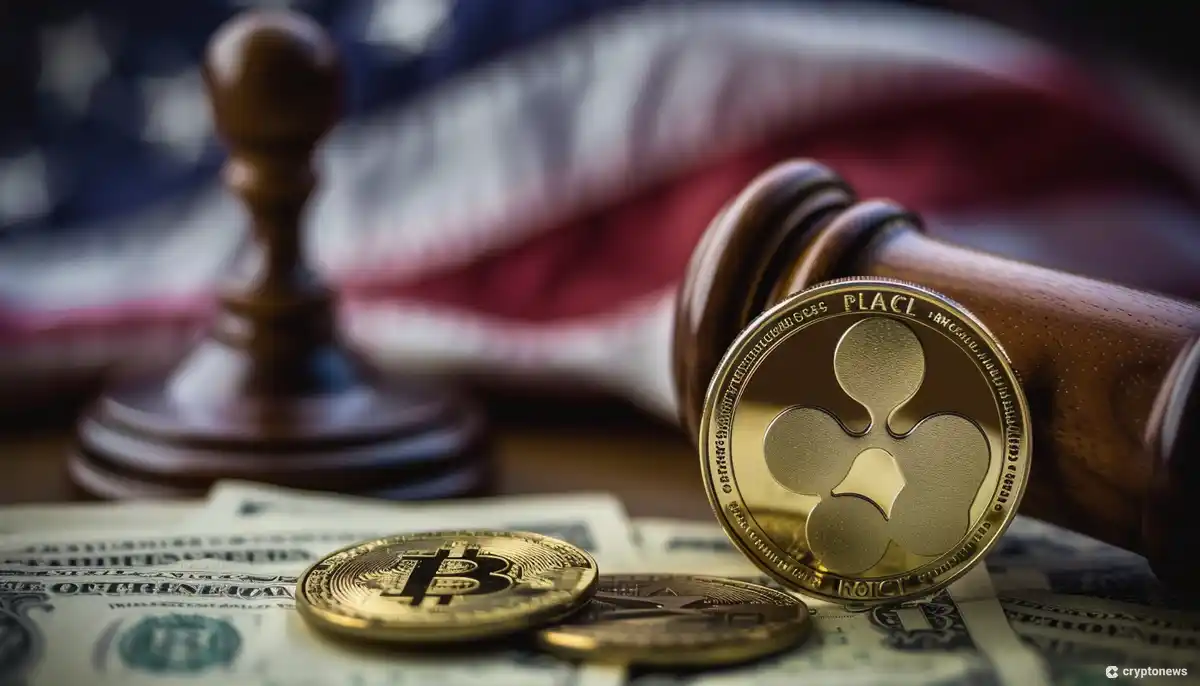The US Securities and Exchange Commission (SEC) recently responded to Ripple’s motion requesting to seal and redact the company’s business details in the ongoing legal battle between the two parties. The SEC argued that the request made by Ripple to conceal financial and securities sales information was unlawful as the details in question were crucial to the court’s decision-making process during the remedies phase. They also contended that the redaction requests would obscure public information that is essential for the public’s understanding of the penalties.
The SEC highlighted the importance of public access to information such as Ripple’s current assets, recent sales figures, revenues, expenses, and discounts given to institutional investors. They argued that these details are necessary for determining penalties, injunctive relief, and disgorgement. The SEC further stated that Ripple failed to provide sufficient evidence showing that the disclosure of publicly available information would result in substantial harm warranting protection. They also mentioned that some financial details are outdated, and some evidence is already publicly accessible.
The legal dispute between the US SEC and Ripple began in December 2020 when the SEC charged Ripple and its executives with unlawfully raising over $1.3 billion through the sale of XRP. The case has undergone several revisions since then and is currently in the trial phase, with the SEC seeking over $2 billion in fines and penalties from Ripple. Ripple, on the other hand, argues that the civil penalty should not exceed $10 million.
Ripple filed a motion on May 14, 2024, to seal or redact some of its documents concerning the SEC’s motion for judgment and remedies, citing potential harm to its business interests. The company is seeking to keep confidential information about its earnings, revenues, expenses, and contractual agreements with third-party business partners. While Ripple acknowledges the relevance of offering discounts to institutional XRP buyers, they are hesitant to disclose specific financial and pricing terms.
The SEC’s response believes that making Ripple’s business details public could provide more insight into the company’s XRP sales and play a crucial role in the legal process. It is worth noting that Ripple’s CTO, David Schwartz, recently disclosed the XRP sales strategy without attributing the disclosure to the SEC’s pressure. The ongoing legal battle between Ripple and the SEC continues to unfold, with both parties presenting their arguments and positions in court.
















